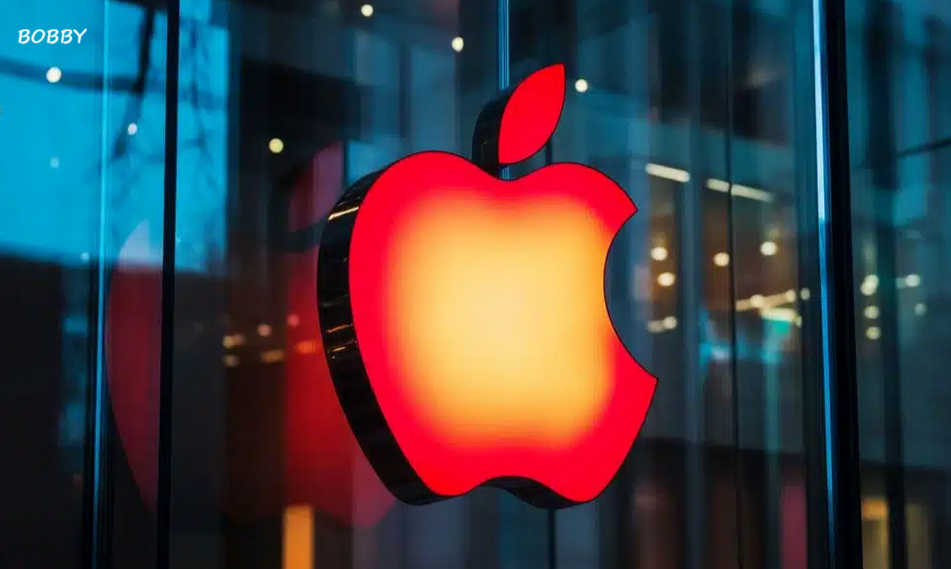Apple’s ambitious Apple Intelligence AI suite, expected to bring cutting-edge machine learning features to the iPhone 16, will not be available immediately upon the device’s release. This revelation comes just hours before Apple’s highly anticipated announcement event, creating a buzz among tech enthusiasts who were eager to explore the company’s new AI-driven experiences.
According to Bloomberg’s Mark Gurman, the first iOS 18.1 update, slated for October, will exclude some of Apple’s most sophisticated AI capabilities, including the Image Playground app and Genmoji. Image Playground was designed to allow users to transform photos using AI-driven editing, while Genmoji promised the ability to create fully customized emojis from text prompts.
Delayed Rollout: Why Apple Is Phasing AI Features
The delay appears to be intentional and strategic, stemming from Apple’s focus on stability and reliability. Gurman reports that concerns regarding the features’ performance and dependability prompted Apple to phase in its AI tools gradually. By holding back these capabilities, the company ensures that users only receive fully functional and well-tested software, rather than features that could underperform or cause inconsistent results.
It’s expected that these advanced AI tools will arrive with iOS 18.2, scheduled for release in December. This phased approach indicates that Apple is prioritizing quality over speed, aligning with its reputation for controlled, reliable rollouts rather than rushed feature launches.
Impact on iPhone 16 Launch
The absence of Apple Intelligence’s most exciting features may affect both consumer anticipation and early reviews of the iPhone 16. While the device will still include core improvements in design, performance, and camera capabilities, enthusiasts looking forward to the AI-powered functionality may find the initial experience underwhelming.
With some of the most hyped AI features postponed until later software updates, the iPhone 16 will launch with a more incremental upgrade experience, focusing on enhancements like processor improvements, battery optimization, and camera refinements rather than fully integrated AI.
Apple Intelligence Delivered in Phases
The phased delivery strategy is typical for Apple when introducing complex new technology. Gurman highlights that Apple Intelligence’s rollout will likely span multiple updates, gradually expanding across the iOS ecosystem. This method allows Apple to test and refine the AI capabilities, gather user feedback, and ensure a smooth user experience before reaching a broader audience.
While users will gain access to some AI enhancements with iOS 18.1, the full spectrum of Apple Intelligence tools may not be available until iOS 18.2, or possibly even the iPhone 17 launch in 2025. This cautious approach reflects Apple’s ongoing commitment to reliability, privacy, and performance in AI-driven applications.
Regulatory and Global Rollout Challenges
In addition to technical considerations, regulatory hurdles are expected to influence the pace at which Apple Intelligence reaches users in regions such as China and the European Union. Privacy and AI regulations in these markets may require Apple to adapt its software to comply with local rules before the full rollout.
These potential delays reinforce the notion that Apple is taking a measured, responsible approach rather than rushing AI features to market. Users in some regions may have to wait longer to access the full suite of tools, especially if compliance with government requirements necessitates additional adjustments.
Key AI Features Delayed
-
Image Playground: A creative AI app enabling users to edit, enhance, and transform photos using machine learning algorithms.
-
Genmoji: Allows users to generate emojis from textual prompts, offering a personalized and dynamic messaging experience.
While these features were highly anticipated, their exclusion from iOS 18.1 ensures that when they do arrive, they meet Apple’s high standards for functionality and user experience.
User Expectations and Reactions
Early reactions from the tech community suggest a mix of disappointment and understanding. Enthusiasts were expecting to explore Apple Intelligence immediately, but many recognize that a stable, well-tested release is preferable to a buggy or incomplete one.
The delayed launch also underscores Apple’s long-term strategy in AI, signaling that the company is prioritizing quality, security, and regulatory compliance over short-term hype.
Implications for Apple’s AI Strategy
The postponement of Apple Intelligence’s most advanced features highlights several strategic points:
-
Phased rollout ensures stability: Gradually releasing AI features allows Apple to refine performance, troubleshoot issues, and minimize user frustration.
-
Regulatory compliance is critical: Delays in regions like China and the EU show Apple’s commitment to adhering to local AI and privacy regulations.
-
Long-term AI integration: By spacing out feature releases, Apple positions itself for sustained growth in AI-driven experiences across the iPhone ecosystem.
-
Consumer education: Gradual introduction allows users to adapt and understand the capabilities of AI features, fostering broader adoption over time.
Looking Ahead: iOS 18.2 and Beyond
The upcoming iOS 18.2 update, expected in December, will likely be the milestone release for Apple Intelligence, finally introducing Image Playground, Genmoji, and other advanced AI tools. Beyond this update, Apple may continue to expand AI functionality through subsequent iOS releases, integrating features across messaging, photography, gaming, and accessibility applications.
Apple’s incremental approach ensures that users receive a refined, polished experience, avoiding the pitfalls of premature AI rollouts seen in other platforms.
Conclusion
In summary, while the iPhone 16 will debut without Apple Intelligence’s flagship features, the delayed rollout is part of a strategic, phased approach designed to ensure reliability, user safety, and regulatory compliance. Users can expect:
-
Core improvements in performance, design, and cameras with the initial launch.
-
AI-powered tools like Image Playground and Genmoji arriving with iOS 18.2 in December.
-
Gradual expansion of Apple Intelligence across regions, considering legal and regulatory requirements.
-
Continued innovation in AI experiences across Apple devices over the next few years.
Though the delay may temper initial excitement, it positions Apple to deliver a more stable and enjoyable AI experience for its users in the long term. The iPhone 16 remains a major step forward for Apple’s ecosystem, combining performance enhancements with the promise of future AI capabilities.




